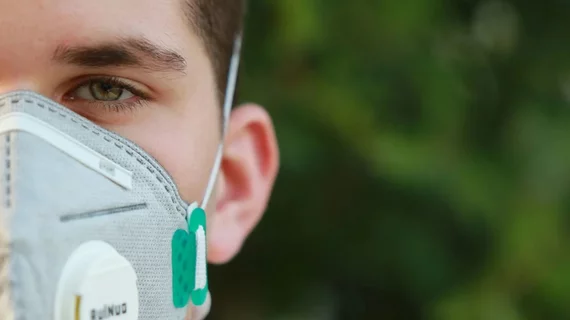In times of widespread crisis like the current pandemic, conscientious and accomplished individuals naturally want to do something to help their families, communities and countries.
When the individuals are experts in data science and other disparate fields, the contributions can be considerable—and so too the risk for slipups.
Karen Hao, the AI reporter for MIT Technology Review, uncovered as much when she spoke with a handful of the best and brightest for an article the outlet posted April 15.
Hao wraps her findings in the COVID-countering volunteerism of Ben Vigoda, CEO and founder of the machine-learning startup Gamalon. He entered the fray when he saw that his parents weren’t getting it about the need to practice social distancing.
To be more persuasive, he started gathering data to develop an AI-aided, open-source pandemic forecast. One thing led to another, and now he’s brought together a small band of like-minded data scientists willing to spend their free time working on the project.
Hao presents a number of similarly intriguing anecdotes. The roll call hits a snag when she comes to Aaron Ginn, a Silicon Valley marketer whose amateur data analysis on the COVID crisis for Medium went viral.
The outlet took the piece down when medical experts expressed outrage over it.
“Many people with analytical skills but without proper knowledge of infectious disease or epidemiology have attempted to find patterns and make sense of the data,” Hao notes before quoting Gregg Gonsalves, PhD, who teaches at Yale’s law school as well as its school of public health. In a tweet that about went viral in its own right, Gonsalves clucked about the “epidemic of armchair epidemiology.”
“In an environment of heightened misinformation,” Hao comments, “the threat posed by such uninformed analysis is vastly amplified.”
Wending back to Vigoda, she credits his active awareness of this effect.
“He was initially reluctant to release his forecasting model because he lacked credibility,” Hao reports. “But he never received responses when he contacted official forecasting teams offering to help.”
Vigoda now hopes the open-source nature of his projections will encourage qualified experts to release their code for public scrutiny as well.
But he “doesn’t want to stop there,” Hao notes. “He’s part of a professional community of data scientists that he estimates to be 100,000 strong worldwide who could be tapped to pitch in.”
Click here to meet the rest of Hao’s sources and read the whole thing.

